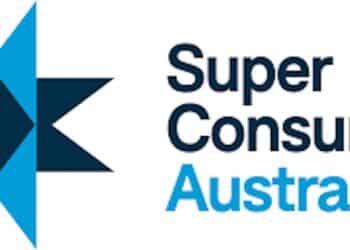Meg Heffron, director of Heffron, said in a recent webinar, that although one of the benefits of super is that income taxation ceases when members reach retirement age, there are still elements such as dividends, capital gains, interest and rent which can attract tax implications.
“A common question I get asked is why, if my fund is in pension phase, am I still paying some tax, and it could be for a number of reasons,” she said.
“You have to ask whether paying pension is the only thing the fund is doing, or does it also have an accumulation account? The tax break on pension funds is worked out based on how much of the fund is in the pension account and how much isn’t.”
Ms Heffron said, for example, if an SMSF has two members and one has a pension account and the other has an accumulation account, both with the same amount of money, then only 50 per cent of the income will be exempt from tax.
“Another example is when people move to the pension phase during the year. They may not have had a pension at the start of the year but may have started one in September. You may think that all of my income was earned after September and not much in the first couple of months of the year,” she said.
“Often, the way it’s worked out is it’s still done on a proportional basis so you’ll find that there’s still some income that gets subject to tax because it relates to that proportion of the year when the fund wasn’t in a pension.”
Finally, she said, if members fail to make all the pension payments required – that is, they haven’t met the minimum requirements for each year – they will lose that tax break.
“It’s one of the reasons we’re so pedantic towards the end of the year, reminding people that they’ve not yet met the minimum payments,” she said.
She added that people who are not yet retired but have reached a certain age and are allowed to start a transition to retirement pension, also don’t get a tax break.
“It may let you take a certain amount of your money out each year and if you’re over 60 that’s tax-free, but the fund doesn’t get a special tax break,” she said.
“Another example is that a member may be in the pension phase, but taxable contributions are still being made during the year. You may have made concessional contributions during the year, particularly people who are still working. It’s totally legitimate to have a pension and also still be putting money in.”


